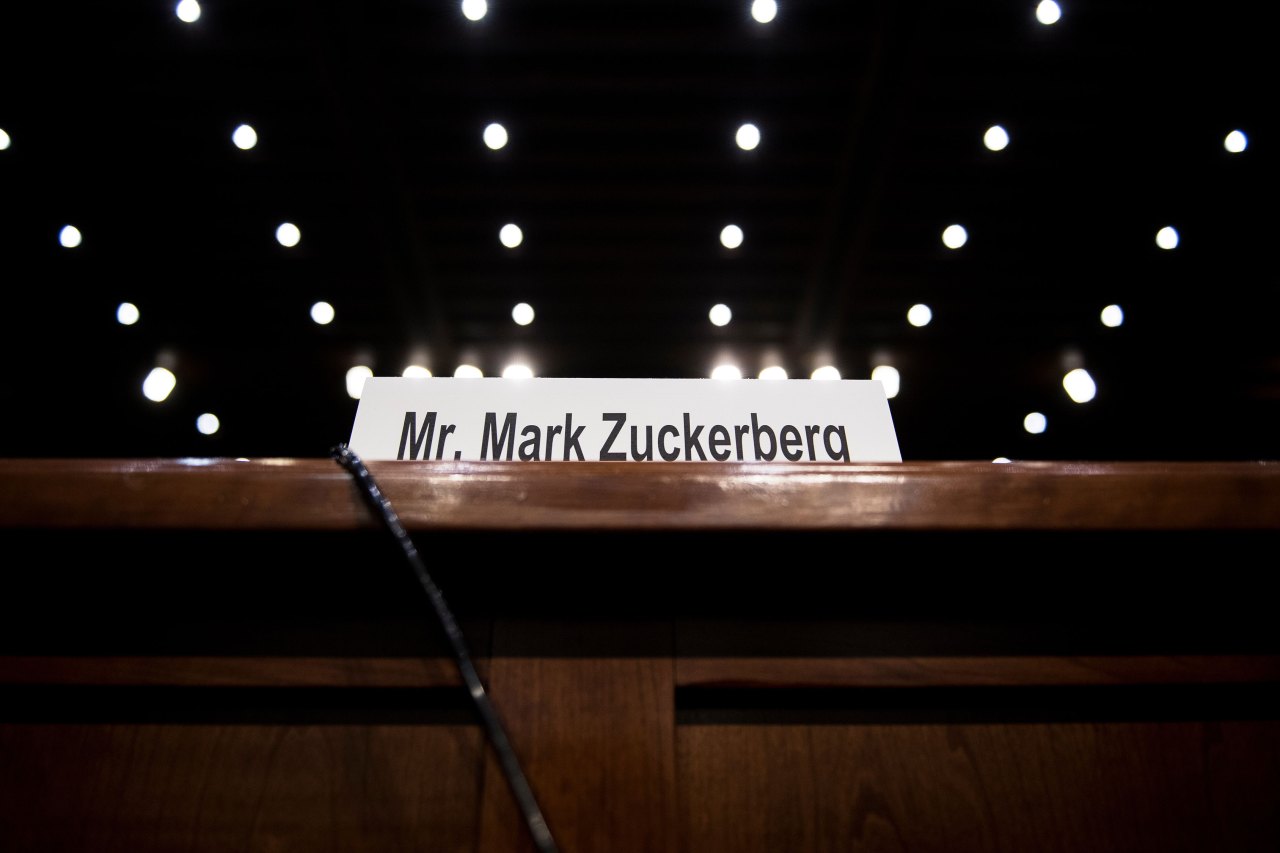In a move many ineptly dubbed necessary, Facebook launched its “Oversight Board” as an attempt to grapple with the overwhelming scrutiny surrounding its impact on free speech, democracy, and user safety. Led by CEO Mark Zuckerberg and his band of technocrats, this initiative appears to offer a façade of accountability while merely consolidating the platform’s grip on narrative control. Is this truly a step toward transparency or yet another elaborate publicity stunt designed to distract us from the core issues? Let’s explore this conundrum.
A Band-Aid for a Bullet Wound
Facebook has oftentimes found itself retreating to damage control mode amidst criticisms labeling its practices as harmful to society. The recent creation of the Oversight Board boasts of a supposedly “independent” group tasked with reviewing contentious content moderation choices. However, the board is fundamentally tethered to Zuckerberg’s corporate ethos, leading many to question its legitimacy.
Who Gets to Decide? A Question of Representation
The notion of a select group of members being tasked with representing billions of diverse users is both ludicrous and naïve. Despite a lofty ambition of expanding the board to as many as 40 members, how can a handful of individuals hope to encapsulate the multifaceted perspectives of Facebook’s global community?
- In practice, this board will be tasked with rendering decisions that effectively maintain Facebook’s existing policies.
- It will pick and choose cases based on their potential to align with corporate interests, which raises pressing questions about impartiality.
- Notably, the current setup grants Facebook the authority to appoint board members, leading skeptics to believe the selections will undoubtedly lean towards favorable opinions.
The Dreaded Conflict of Interest
The crux of the problem lies in the inherent conflict of interest embedded within the Oversight Board’s existence. Ideally, an oversight body should operate independently. Yet, if Facebook curates the board, how can we trust that the recommendations and findings will be unbiased?
Consider this: Facebook has the luxury of picking those who will scrutinize its operation—an opportunity to control the narrative and dodge genuine accountability. Through selecting co-chairs and candidates, the platform ensures that the oversight body’s decisions will not starkly contradict its own agenda.
Deflecting Democratic Scrutiny
A truly independent Oversight Board would ideally act as a bridge between the platform and global users, ensuring that the voices of concerned citizens are heard. Yet, Zuckerberg continues to evade taking responsibility by snubbing invitations to answer pressing questions from lawmakers. This leaves many questioning whether the Oversight Board is merely a mechanism designed to deflect genuine democratic scrutiny.
A Call for True Accountability
What would constitute a monumental shift towards accountability is Zuckerberg opening his doors to questions from parliamentarians globally. Engaging directly with the very people who scrutinize his policies could foster a culture of responsibility that is glaringly absent at present.
The Future of Facebook’s Oversight Board
The trajectory of the Oversight Board, as structured, suggests that it will remain a comforting illusion—a high-polished front shielding Facebook from the accountability it so desperately needs. The recommendations it may issue seem quite likely to be dismissed by Facebook whenever they clash with monetary interests. At **[fxis.ai](https://fxis.ai)**, we believe that such advancements are crucial for the future of AI, as they enable more comprehensive and effective solutions. Our team is continually exploring new methodologies to push the envelope in artificial intelligence, ensuring that our clients benefit from the latest technological innovations.
Final Thoughts: A Cautionary Tale
In essence, the Oversight Board embodies the same principles of opacity and evasion underlying Facebook’s function. In attempting to placate critics with a semblance of governance, Zuckerberg’s empire could very well be perpetuating a cycle of deception. Engaging critically with its operations, users should be skeptical about claims of oversight and demand authentic accountability. Just remember: no amount of branded transparency can mask a corporate narrative structurally disinterested in democratic principles.
For more insights, updates, or to collaborate on AI development projects, stay connected with **[fxis.ai](https://fxis.ai)**.

